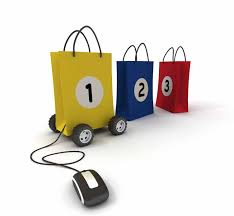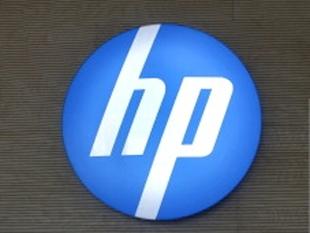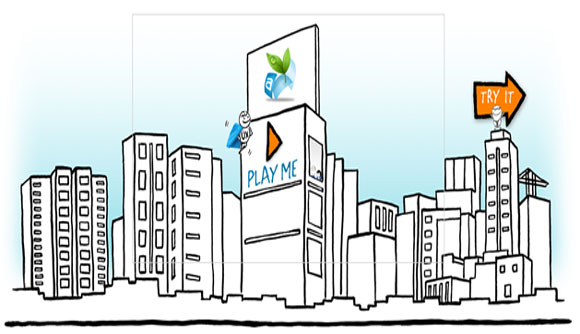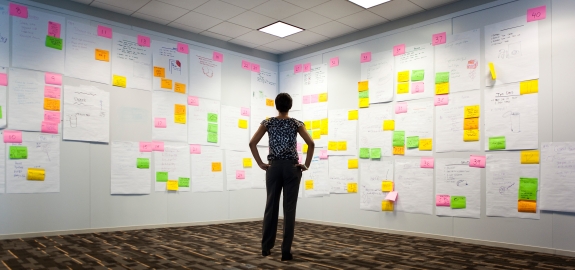Martin Zwilling | Young Entrepreneur
“For entrepreneurs — especially those just starting out — businesses succeed as much as they fail. I’ve seen this time and again as a mentor and entrepreneur. But statistics also suggest that the failure rate for new startups within the first five years is as high as 50 percent.
Of course, real entrepreneurs treat business failure as a milestone on the road to success. They count on learning from their mistakes, and use the experience to move to the next idea. But why not learn from the mistakes of others, without all the pain and suffering?

Here is my list of 10 top startup failure causes — and how to avoid them:
1. No written plan. Don’t believe the myth that a business plan isn’t worth the effort. The discipline of writing down a plan is the best way to make sure you actually understand how to transform your idea into a business.
2. Slim or no revenue model. Even a non-profit has to generate revenue (or donations) to offset operating costs. If your product is free, or you lose money on every sale, it’s hard to make it up in volume. You may have the solution to world hunger, but if your customers have no money, your business won’t last long.
3. Limited business opportunities. Not every good idea can become a blockbuster business. Just because you passionately believe that your product or service is great, and everyone needs it, doesn’t mean that everyone will buy it. There is no substitute for market research, written by domain experts, to supplement your informal poll of friends and family.
4. Can’t execute. When young entrepreneurs come to me with that “million dollar idea,” I have to tell them that an idea alone is really worth nothing. It’s all about the execution. If you’re not comfortable making hard decisions and taking risks, you won’t do well in this role.
5. Too much competition. Having no competitors is a red flag — it may mean there’s no market — but finding ten or more with a simple Google search means your area of interest may be a crowded. Remember, sleeping giants can wake up. So, don’t assume that Microsoft or Procter & Gamble are too big and slow for you to worry about.












